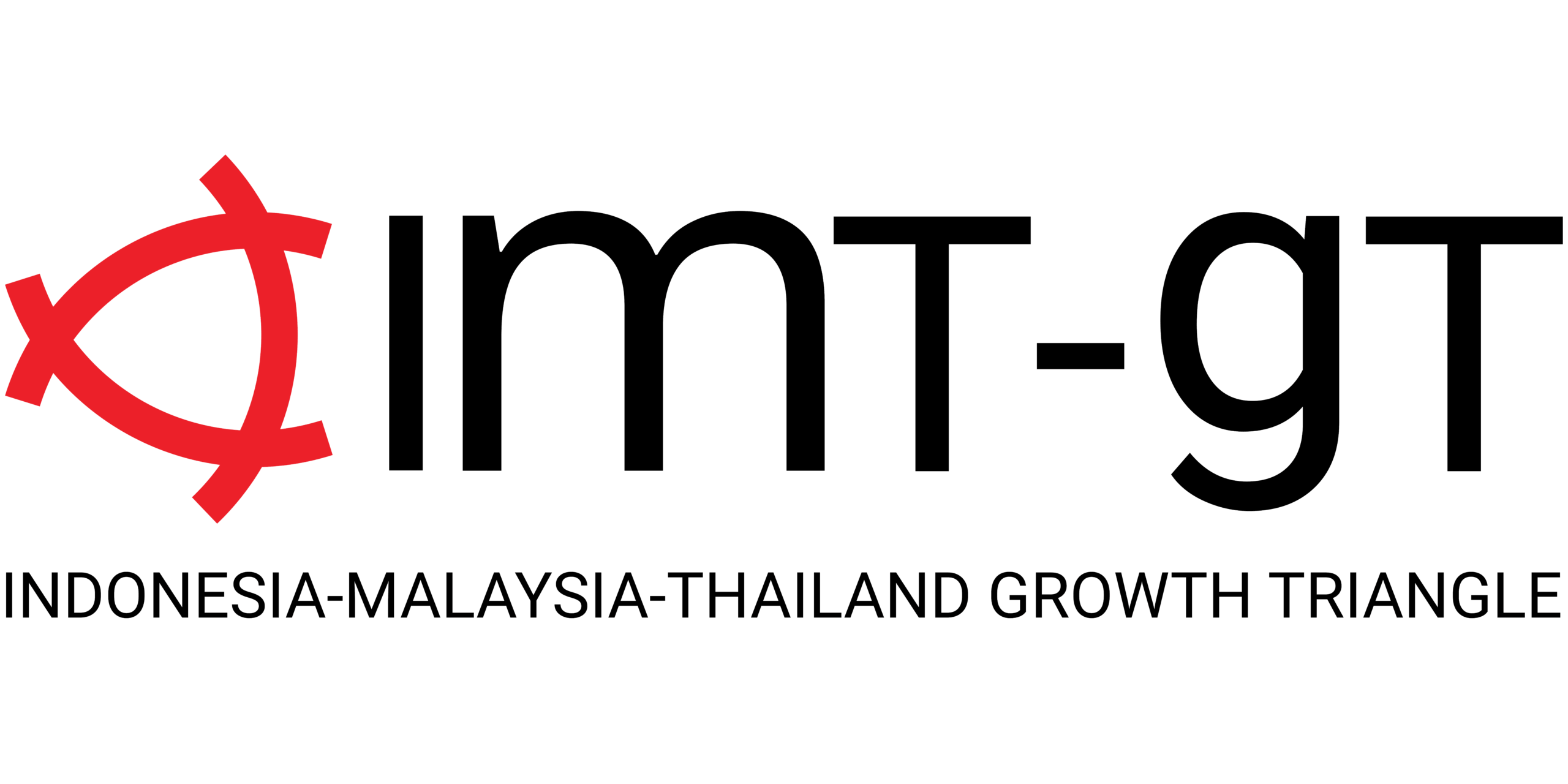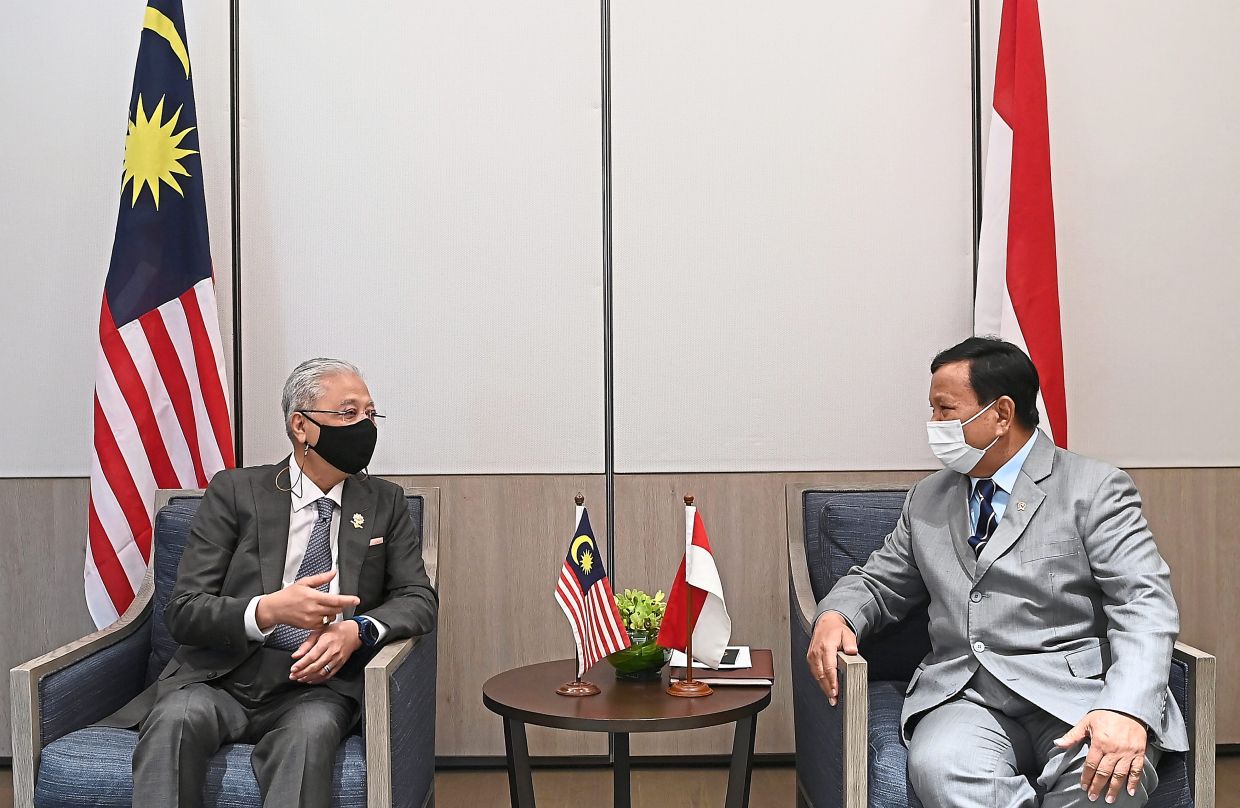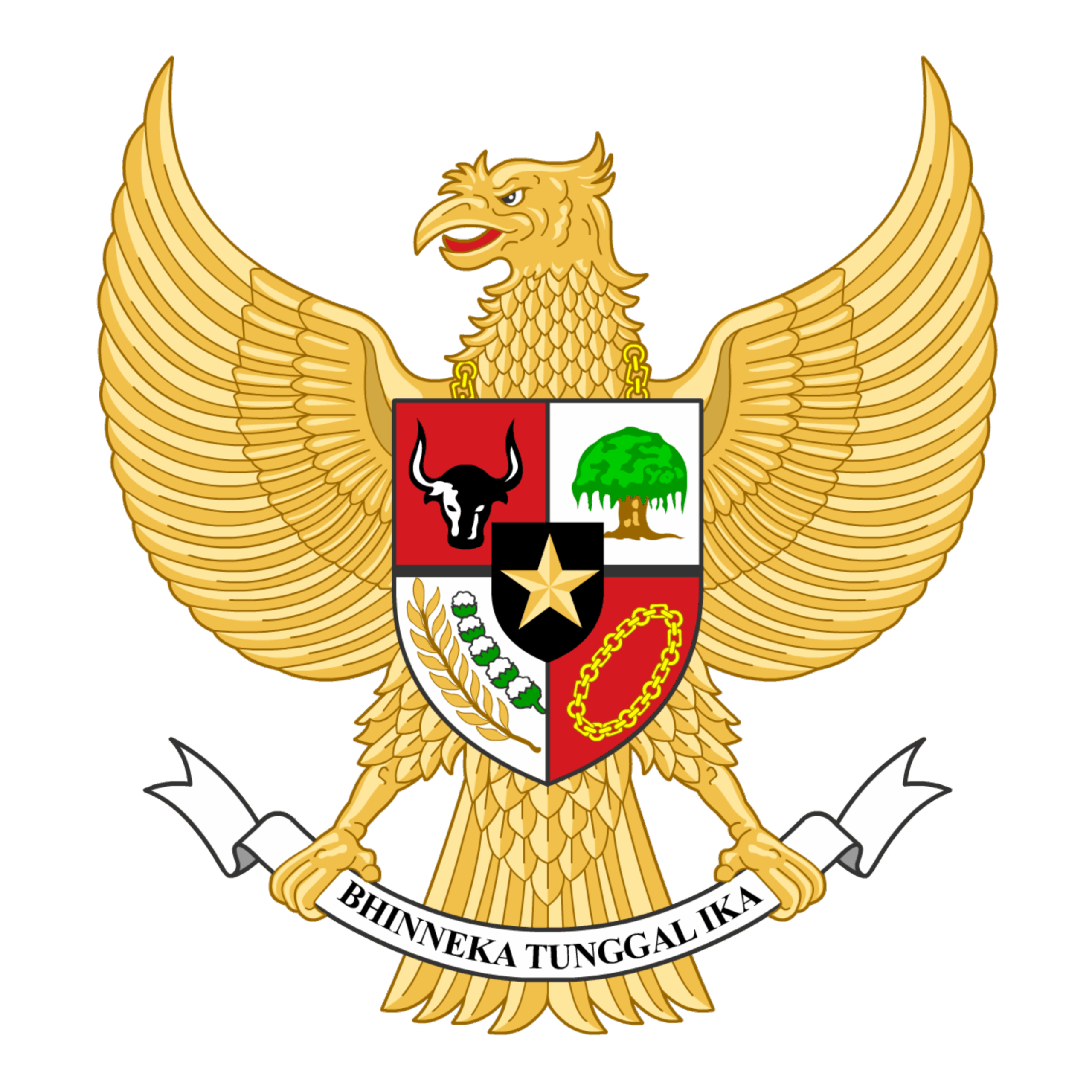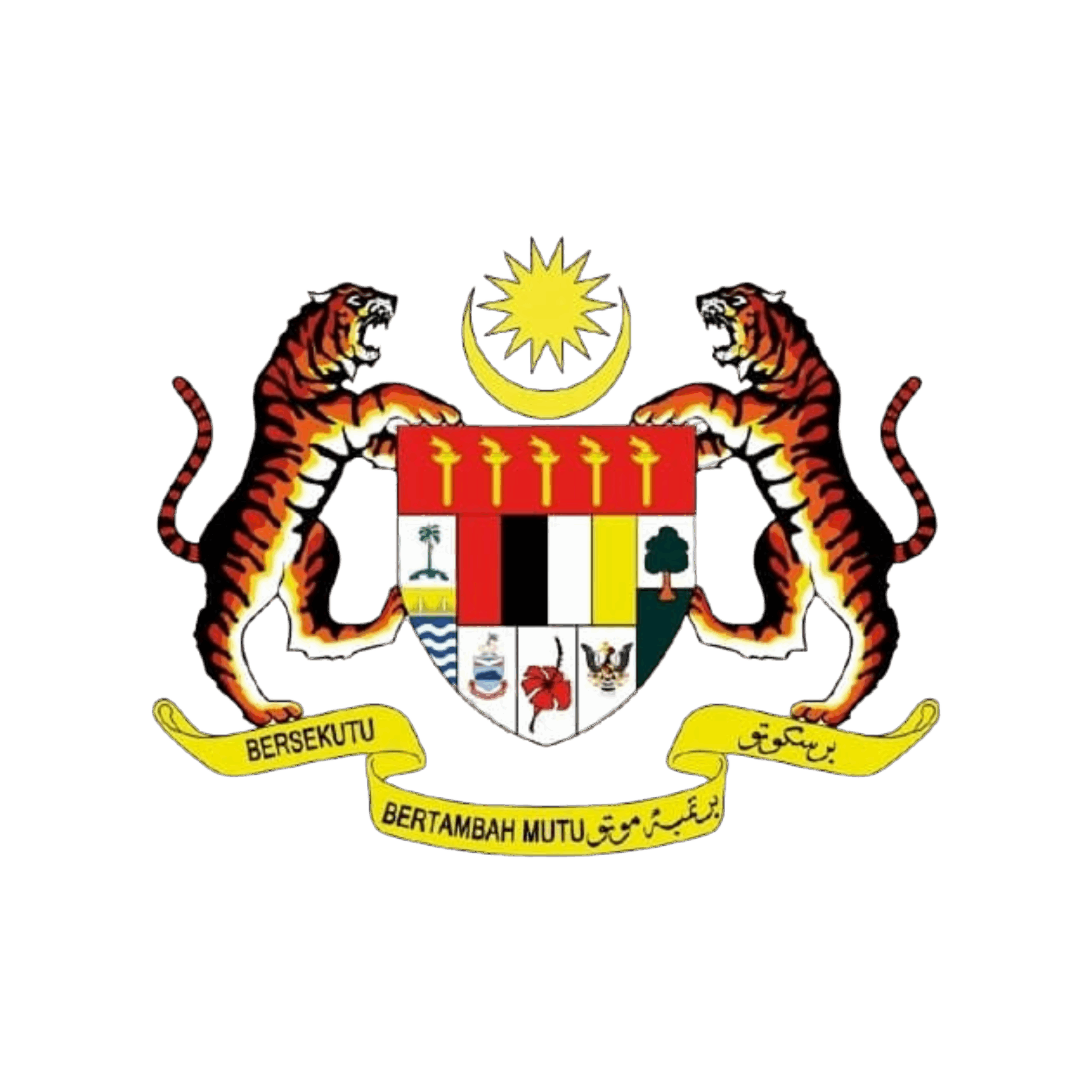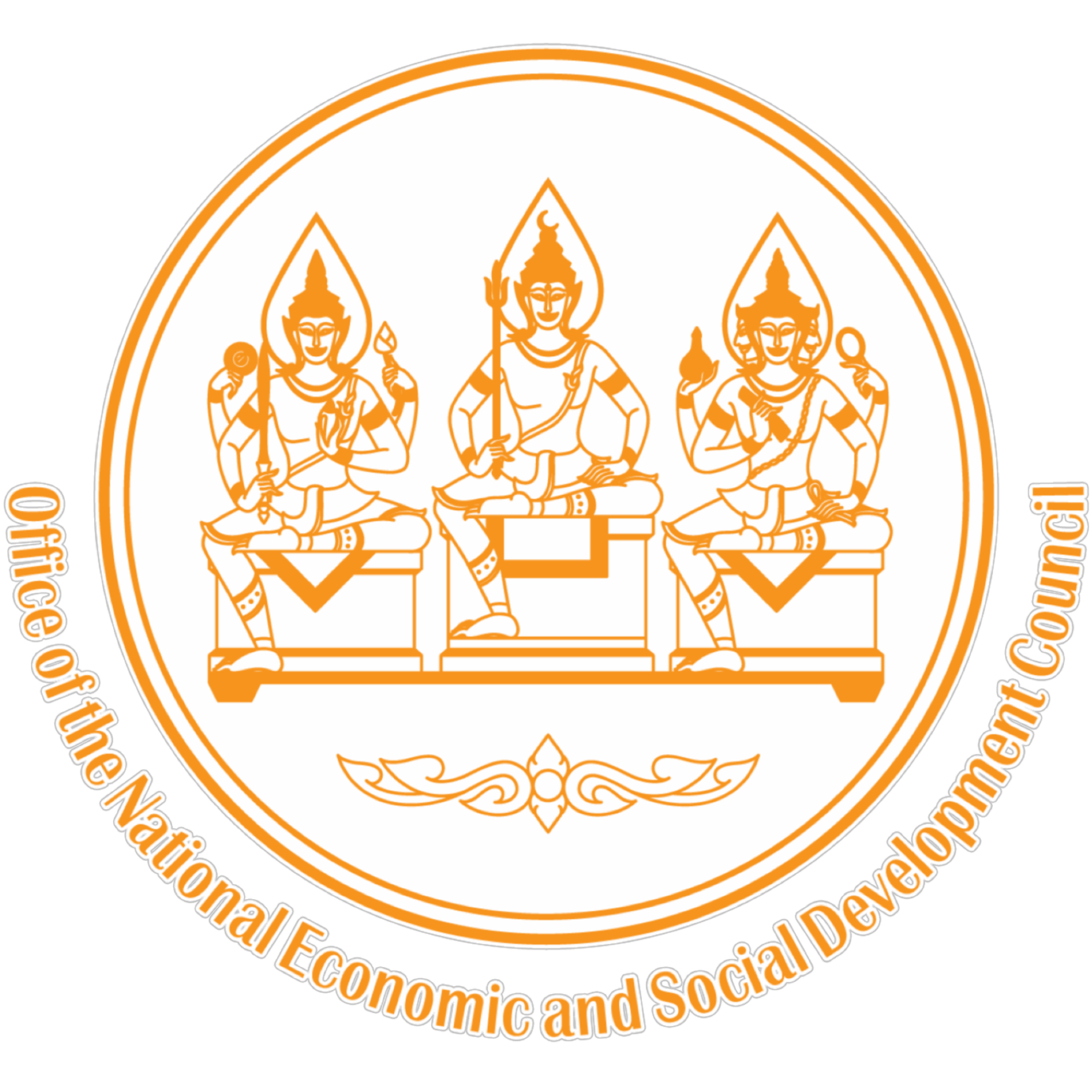KUALA LUMPUR: In forging a sustainable path for the Indonesia-Malaysia-Thailand Growth Triangle (IMT-GT), at least 12 Green City Action Plans (GCAPs) will be developed for cities in Malaysia that come under the growth triangle, says Prime Minister Datuk Seri Ismail Sabri Yaakob.
He said the GCAPs developed under the 12th Malaysia Plan would be one of the three key initiatives under Malaysia’s chairmanship of IMT-GT.
Ismail Sabri, who chaired the 13th IMT-GT Summit yesterday, said the GCAPs come under the initiative of mainstreaming sustainable urban development throughout member cities and across the expanded economic corridors.
The other two initiatives are enhancing the institutional pillars of IMT-GT, namely the Joint Business Council (JBC), and reinforcing long-standing partnerships with the Asean Secretariat and Asian Development Bank (ADB).
“We will be working closely with the ADB and Local Governments for Sustainability (ICLEI) in developing the GCAPs. The goal is to forge a sustainable path for IMT-GT,” he said.
Ismail Sabri said Malaysia was agreeable to adopting Economic Corridor 6 and the five reconfigured economic corridors as recommended by the ADB, and welcomed the proposal to expand the geographical coverage of IMT-GT to include the whole of Peninsular Malaysia.
“In this regard, I would like to welcome Johor, Terengganu and Pahang as the new members of the IMT-GT cooperation,” he said.
Acknowledging the private sector as the engine of growth of IMT-GT, Ismail Sabri said that the second initiative was to enhance the institutional pillars of IMT-GT, namely the JBC.
He said the JBC Malaysia had been legally registered as directed by the 11th IMT-GT Summit in 2018, where its immediate top priority was to strengthen the council, starting with the restructuring of its governance and management structures while enhancing its project delivery capability.
“We will mobilise the JBC to increase private investment in climate action, promote green production practices and harness the skills and knowledge of private entities to accelerate the implementation of the Sustainable Urban Development Framework (SUDF),” he said.
On the third initiative, Ismail Sabri said having the right partnership would go a long way in optimising the impact of the Implementation Blueprint (IB 2022-2026).
Moving forward, he requested the ADB to create a Subregional Special Project Development Fund for IMT-GT, to assist in developing more bankable projects, which subsequently can be funded through Asean Catalytic Green Finance Facility (ACGF), Ocean Financing Initiatives and other appropriate financing mechanisms.
Ismail Sabri also requested that the Asean Secretariat helps IMT-GT link up with Asean Dialogue Partners and other external partners.
As the Regional Comprehensive Economic Partnership (RCEP) will be a new market and source of FDI for IMT-GT, he hopes the Asean Secretariat would facilitate IMT-GT’s partnership building process with members and networks of RCEP.
“Second, to deepen the collaboration between the Asean Sustainable Urbanisation Strategy (ASUS) and IMT-GT SUDF, have more IMT-GT cities as pilot cities under ASUS,” he said.
Chaired by Malaysia, the 13th IMT-GT Summit was attended by member countries as well as ADB and Centre for IMT.
It was held at the sidelines of the three-day virtual 38th and 39th Asean Summits and Related Summits which began on Tuesday under the chairmanship of Brunei. — Bernama
Source: thestar.com.my